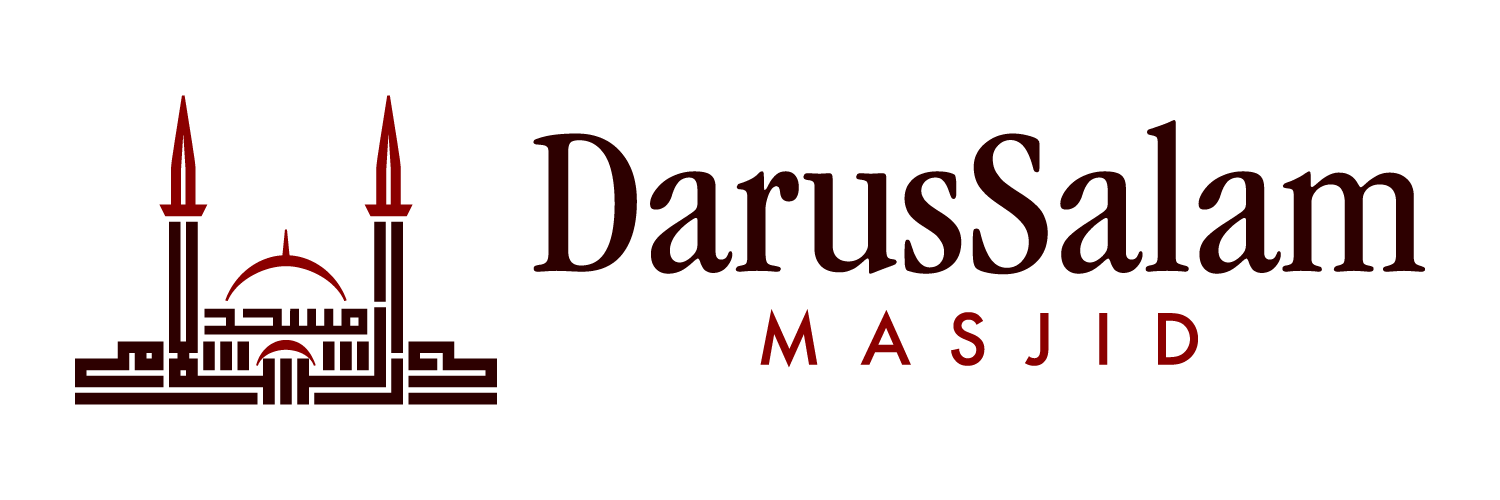An Answer Regarding a Man’s Beard in the Shāfiʿī Madhhab

Question
What is the ruling on a man’s beard in the Shāfiʿī Madhhab?
Answer
According to the Shāfiʿī Madhhab, it is makrūh for a man to take any amount from his beard.[1] If he does so, he will not be sinful. Shaykhayn (Imāms Nawawī and Rāfiʿī) verified the ruling of karāhah; as well, this position was maintained by those who followed them, like Imāms Ibn Ḥajar and Ramlī. They’re clear regarding the madhhab‘s position on this matter.
There is a view that Imām Nawawī related from Imām Ghazālī. Ghazālī opined that a man may take from his beard that which extends beyond a fist-full length.[2] He said that the reason for this is to avoid one appearing unsightly and unkept.
One should know what constitutes the beard as well as its definition. In the primary reference works for fatwā in the Shāfiʿī Madhhab, it is mentioned that the “beard” (ar. liḥyah) is that which grows on one’s chin.[3] In Tuḥfah, Ibn Ḥajar stated that the beard is the hair that grows on the chin; thereafter, in the same passage, he cited Ibn Sīdah who said the lexical meaning of the word “beard” is broader and includes the ʿāriḍayn as well. To clarify, Ibn Sīdah’s definition encompasses any hair growing on one’s jawbone as well as one’s chin. Thus, if considering what Ibn Ḥajar related from Ibn Sīdah, his definition is broader than the definition that limits the beard to the hair on one’s chin only. Still, in some of his other books, like al-Īʿāb, Ibn Ḥajar defined it as the hair that grows on one’s chin without including the nuance of meaning that Ibn Sīdah mentioned.
In Tuḥfah, Ibn Ḥajar mentioned that the ruling is established based on the ḥadīth related in both Ṣaḥīḥ al-Bukhārī and Ṣaḥīḥ Muslim wherein the Prophet (upon him be peace) commanded men to grow their beards. He (upon him be peace) said:
خَالِفُوا الْمُشْرِكِينَ: وَفِّرُوا اللِّحَى وَأَحْفُوا الشَّوَارِبَ، وَكَانَ ابْنُ عُمَرَ إِذَا حَجَّ أَوِ اعْتَمَرَ قَبَضَ عَلَى لِحْيَتِهِ، فَمَا فَضَلَ أَخَذَهُ
Be different than the polytheists: grow out your beards and shorten your mustaches. And when Ibn ʿUmar performed pilgrimage, he would grab his beard and remove what was in excess of it.[4]
In addition, Ibn Ḥibbān related another ḥadīth that the Prophet (upon him be peace) used to take from the length and breadth of his beard.[5] This was also Ibn ʿUmar’s practice, as Imām Bukhārī related.
The first ḥadīth is preferred over the second, as Ibn Ḥajar mentioned, because it is more authentic. Still, the second narration is reconciled with the first and thus practiced upon as well. The Shāfiʿīs cite it as evidence to show that specification of the ruling happened; thus, it is makrūh and not harām. As well, Ibn Ḥajar responded to the opinion of trimming one’s beard to avoid an unsightly appearance. He said that if one grooms properly and oils his beard, he will not be unkept.
BāKathīr related from Ibn al-Rifʿah and Adhraʿī that it is impermissible (ar. ḥarām) to remove anything from one’s beard. Their opinion seems to be general (ar. muṭlaq); thus, it includes the hair which grows beyond a fistful or more as also being unlawful. They ascribed the ruling of unlawfulness to Kitāb al-Umm.[6]
Sharwānī also related this. As well, he cited Ḥalīmī and his teacher, Qaffāl Shāshī, who both said it is impermissible.[7] In Fatḥ al-Muʿīn, Zayn al-Dīn al-Mālibārī also maintained this view. In their commentaries on Fatḥ al-Muʿīn, Bakrī Dimyāṭī and Sayyid ʿAlawī Saqqāf related something similar to what Sharwānī said. Furthermore, they stated that Mālibārī’s opinion is not the relied-upon opinion of the Shāfiʿī Madhhab.[8]
In conclusion, the ruling given in the primary reference works for fatwā in the Shāfiʿī Madhhab is agreed upon; Shaykhayn, Ibn Ḥajar, and Ramlī all maintained the same opinion. Ibn Ḥajar explained how the Shāfiʿīs looked at the two narrations. The narrations that convey removing from the beard’s length and breadth explain (ar. bayan) that the command issued in the other narrations is a command of recommendation (ar. nadb). Thus, the madhhab maintains that it is makrūh (meaning, makrūh tanzīhī). Lesser opinions in the school considered it to be harām. And other authorities, like Ghazālī, opined that one may take from his beard to maintain a presentable appearance.
Allāh knows best.
[1] Nawawī, Sharḥ al-Muhadhdhab 1:336; BāKathīr, Fatāwā 771; Ibn Ḥajar, Tuḥfah 12:302; Ramlī, Nihāyah 8:149.
[2] Nawawī, Sharḥ al-Muhadhdhab 1:336.
[3] Ramlī, Nihāyah 4:148; Ibn Ḥajar, Īʿāb (manuscript).
[4] Ṣaḥīḥ al-Bukhārī #5892.
[5] Ibn Ḥajar, Tuḥfat al-Muḥtāj 12:303.
[6] BāKathīr, Fatāwā 771.
[7] Sharwānī, Ḥāshiyat ʿalā al-Tuḥfah 12:302.
[8] Dimyāṭī, Iʿānat al-Ṭālibīn 3:1493; Saqqāf, Tarshīḥ al-Mustafīdīn 204.


